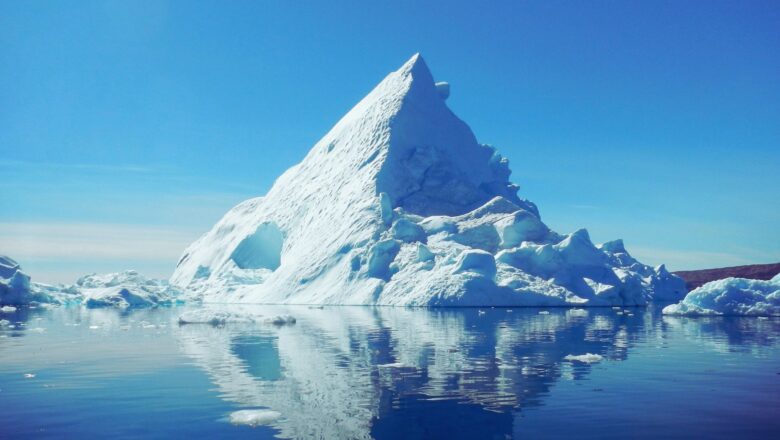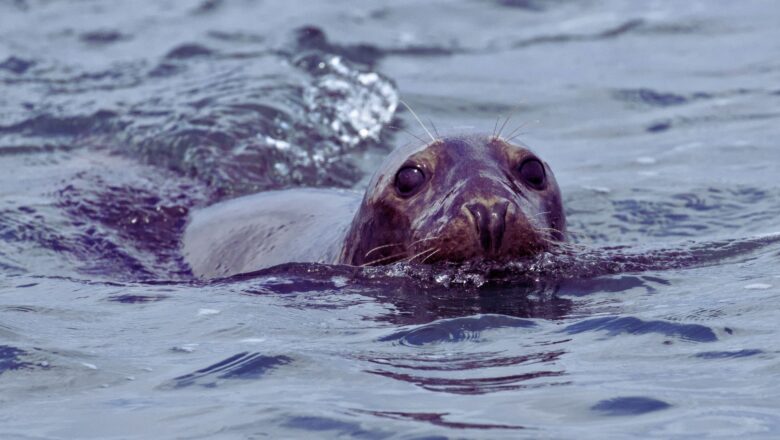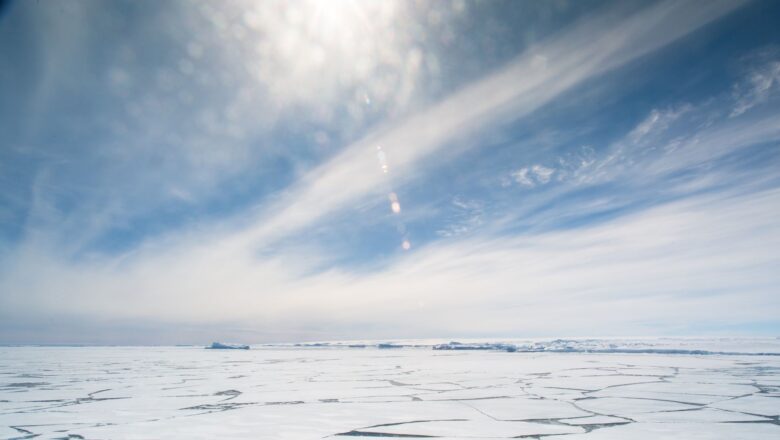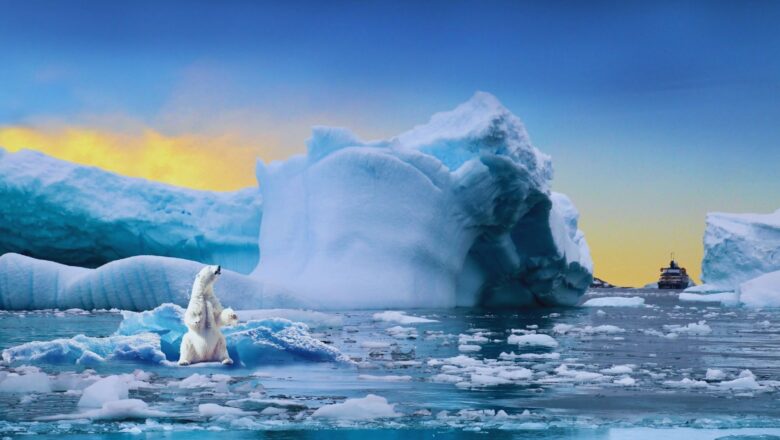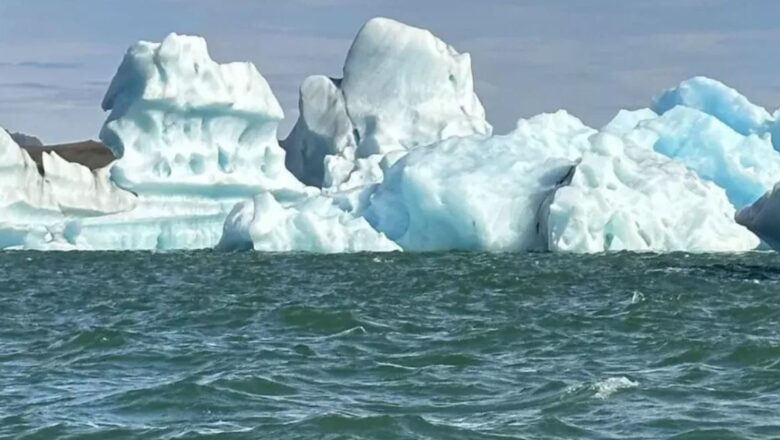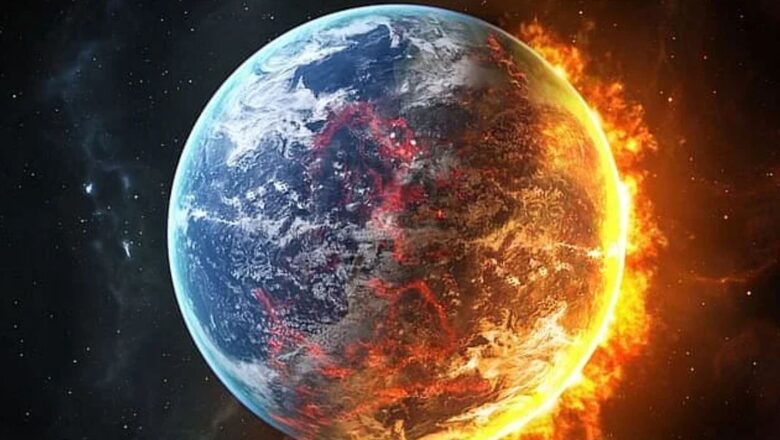
Warming world: 80% chance next five years break heat records
Europe and the world are heading toward uncharted climate territory. The World Meteorological Organization (WMO) warns there's now an 80% chance that at least one of the next five years will break 2024’s record as the warmest year ever. Even more striking: there’s an 86% chance that at least one of those years will temporarily cross the critical 1.5°C warming threshold set by the Paris Agreement.
While these temperature spikes may be short-lived, they’re still troubling. The latest WMO update, produced by the UK’s Met Office, forecasts a 70% chance that the 5-year average from 2025–2029 will exceed 1.5°C above pre-industrial levels a sharp jump from 47% last year. The report stresses that every fraction of a degree matters, pushing the planet closer to climate tipping points.
The Arc...

